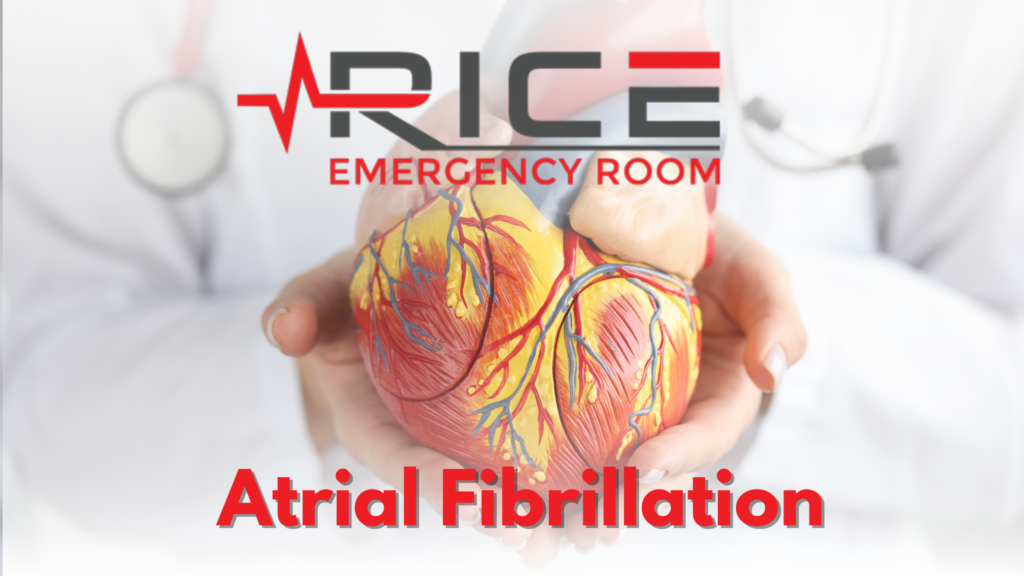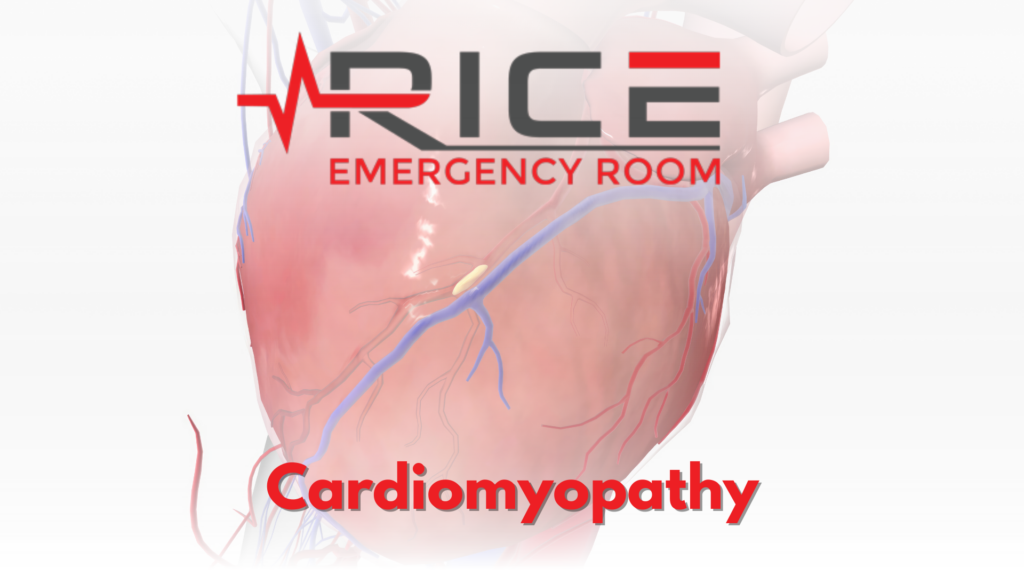
Ovarian cancer is a harmful growth in the ovaries, vital parts of the female reproductive system. These organs produce eggs and hormones, such as estrogen and progesterone. In this type of cancer, cells grow rapidly, damaging healthy tissue. Although the exact cause is unknown, specific genetic mutations increase the risk. These mutations cause cells to multiply uncontrollably, forming tumors that can spread throughout the body.
Types of Ovarian Cancer
The specific type of ovarian cancer is determined by the origin of the cancer cells, which helps doctors decide on the most suitable treatment options. Ovarian cancer can be broadly categorized into:
- Epithelial Ovarian Cancer: This is the most prevalent form of ovarian cancer and encompasses various subtypes, such as serous carcinoma and mucinous carcinoma.
- Stromal Tumors: These uncommon tumors are typically diagnosed earlier than other forms of ovarian cancer.
- Germ Cell Tumors: These rare types of ovarian cancer generally affect younger individuals.
(Mayo Clinic)
Identifying the type of ovarian cancer is essential in guiding the choice of treatments and understanding the patient’s prognosis.
Signs and Symptoms
Ovarian cancer can present various signs and symptoms, with a higher likelihood of experiencing them when the disease has advanced. However, even in the early stages, ovarian cancer can manifest symptoms.
The most common indicators include:
- Bloating
- Pelvic or abdominal pain
- Difficulty eating or feeling full quickly
- Urinary symptoms, such as a persistent sense of urgency or increased frequency
When ovarian cancer is the cause, these symptoms tend to be persistent. They may occur more frequently or with greater severity. However, it’s worth mentioning that most of these symptoms are not exclusive to ovarian cancer and can be associated with other conditions. Suppose you notice these symptoms occurring multiple times a month. In that case, it is advisable to consult your doctor for appropriate evaluation and potential treatment if necessary.
Other potential symptoms of ovarian cancer can include:
- Fatigue (extreme tiredness)
- Upset stomach
- Back pain
- Pain during sexual intercourse
- Constipation
- Changes in menstrual periods, such as heavier or irregular bleeding
- Abdominal swelling along with weight loss
(Cancer.org)
By being vigilant and seeking medical attention when experiencing concerning symptoms, it is possible to detect and address ovarian cancer in its early stages, leading to better outcomes.
Treatment
Ovarian cancer is usually treated with a combination of surgery and chemotherapy. If you are diagnosed with ovarian cancer, your doctor may refer you to a gynecologic oncologist, a specialist in treating reproductive system cancers. They will work with you to create a treatment plan. The main types of treatment for ovarian cancer are:
- Surgery: Cancer tissue is removed through an operation.
- Chemotherapy: Special medicines are used to shrink or kill the cancer cells. These medicines can be taken as pills, given through your veins, or sometimes both.
Different doctors on your medical team may provide these treatments. Gynecologic oncologists are specialists who perform surgery and provide chemotherapy. Surgeons are doctors who perform operations, and medical oncologists are doctors who treat cancer with medicine. (Centers for Disease Control and Prevention)
Remember to consult with your healthcare team to understand your specific treatment plan and ask any questions you may have.
It is essential to act promptly in an emergency related to ovarian cancer symptoms or any concerning health issue. Seek immediate medical attention if you experience severe or persistent symptoms like intense abdominal pain, difficulty breathing, or sudden changes in consciousness by calling emergency services or visiting the nearest emergency room.
For ongoing or recurring symptoms that are not life-threatening, contact your healthcare provider and discuss your concerns in detail. Being proactive about your health is crucial. Early detection and intervention can significantly impact the successful management of ovarian cancer.
Works Cited:
Mayo Clinic. “Ovarian Cancer.” Mayo Clinic, Mayo Foundation for Medical Education and Research, 9 May 2023,
www.mayoclinic.org/diseases-conditions/ovarian-cancer/symptoms-causes/syc-20375941.
Cancer.org. “Signs and Symptoms of Ovarian Cancer.” Early Signs of Ovarian Cancer,
www.cancer.org/cancer/types/ovarian-cancer/detection-diagnosis-staging/signs-and-symptoms.html.
Centers for Disease Control and Prevention. “How Is Ovarian Cancer Treated?” Centers for Disease Control and Prevention, 31 Aug. 2022,
www.cdc.gov/cancer/ovarian/basic_info/treatment.htm.



